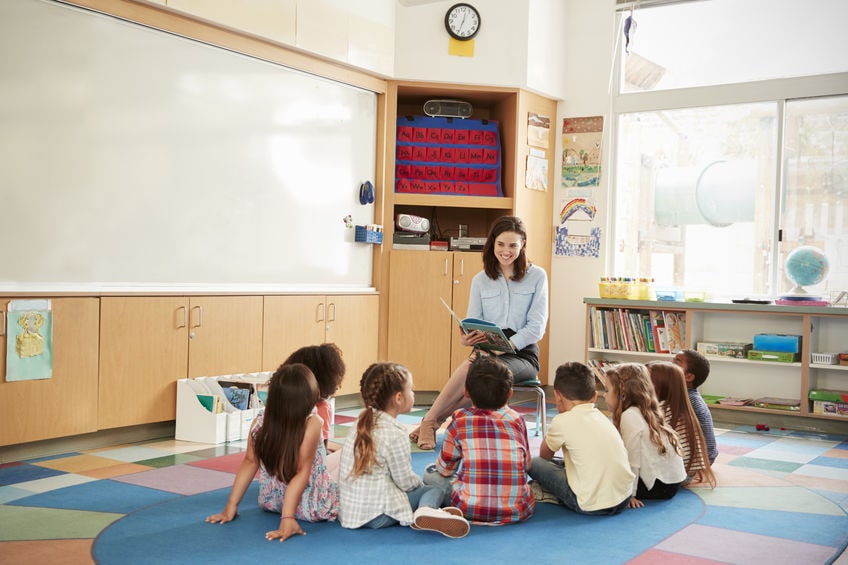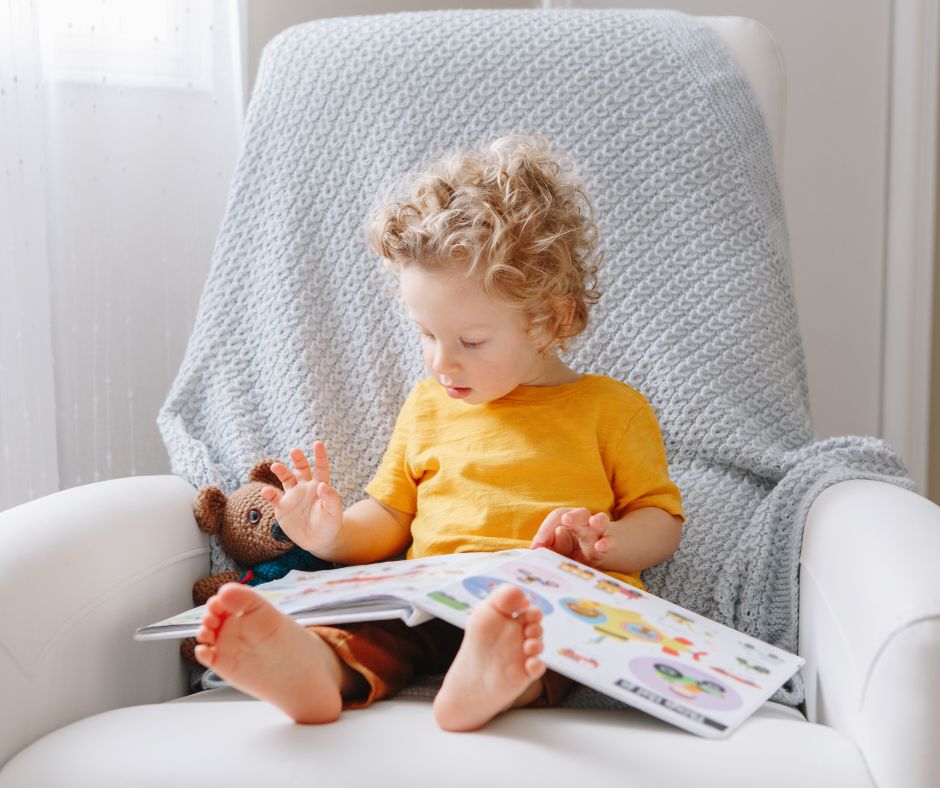Good manners are an essential and expected developmental goals for the members of a civilized social system. Every person comes to learn and understand how complex social interactions can be. An upbringing that bestows proper social etiquette and behaviors is what allows society to function coherently and cooperatively.
If your child isn’t brought up with modeling of appropriate manners and socially acceptable behaviors, this can lead to a slew of social problems, both immediately and down the road. If your child does not learn the skills for how to behave around other people, it will make it very difficult for him or her to make friends, secure gainful employment, start a family, and stay out of both legal and personal troubles.

It may be hard to determine which values are most important to instill in your children, and which lessons will allow them to thrive and be successful. Luckily, we’ve done the work for you! You will find that teaching your kids these ten manners will help your child gain wisdom and grow up to be a respectful, compassionate adult.
Consideration for others
Being considerate is an incredibly important social virtue for children to understand, especially from an early age. Learning to think about others and how they think, feel, and react is one of the most essential things for children to learn in order to help them develop good manners and work well with others.
This important life skills is also called empathy. Most children naturally understand empathy to an extent, and practice it during social interactions. However, this understanding is rudimentary and sometimes abandoned in the pursuit of personal gratification.
You can help children learn how to be mindful of others by teaching them simple positive habits, like holding the door open for others who are walking in behind them, using polite words like “please” and “thank you” when asking for or receiving something, and making eye contact when speaking directly to someone.
Listening when others are talking
It can be very easy for a child to overlook this important attribute, and it can take some time and practice for children to consistently demonstrate. Children are often so full of energy, eagerness to interact with others, and excitement about new discovering new things that they may blurt out what they are thinking on the spot.
This impulsivity may cause children to overlook the consequences of their actions. Teach your children that if they interrupt others when they are talking, it keeps them from being able to express their own wonderful discoveries and feelings, and that this is impolite.
Teach children that it makes it difficult to carry on a conversation with someone who interrupts them because the other person can’t get across what they want to say. Help children understand that when they stay silent when others speak, people can actually talk come to understand one another.
Be careful with what you say
Choosing our words carefully builds upon the concept of understanding the consequences of our actions. It is very important to teach your children that, in addition to learning when to speak, it is also important to learn what to say, if anything at all.
Teach your children that sometimes, the things we observe, think, and feel about a person might not always be the nicest or most considerate things to say out loud to someone, even if they feel very strongly about the other person. Teach children to consider their opinions about other people, and how it might feel if hurtful things things were said to them.
Remind children to withhold saying things that might hurt others’ feelings , as best simplified in the adage: “If you don’t have anything nice to say, then say nothing at all.”
Respect differences of the opinions
When explaining this concept to young children, it’s important to illustrate that differences in how people think, act, and feel should be celebrated and respected.
If your child hears someone say something that they disagree with, show them how they can be respectful of differing feelings and opinions, even if they disagree with them. Show children that they can still disagree and thus show respect for THEIR own feelings and thoughts without needing to force others how to feel and think.
An excellent way to help children understand this concept is to teach them how to debate and contrast their feelings and views with those of others. Explain to children how they can express their own different views and opinions without being overly forceful or dominating.
Finally, it’s also important to teach children the value of standing up for what they think is right, and to take a stand against what they feel is wrong. This life skill involves allowing for the possibility of conflict and may seem to contradict the principle of respect for others’ opinions.
However, you can teach your children that they can show respect for others by showing themselves that same respect. After all, how can you respect others when you don’t show yourself the same respect?
You also teach children respect for others by being willing to correct them when they are wrong. Why would you allow someone you respect to suffer for a mistake on their own part when given the chance to correct it in time?
When teaching children (or anyone), it’s important to be tactful. Some of these lessons and good manners are things that some adults even struggle to understand! Children don’t learn concepts things like this right away.It will take time, experience, and practice. Additionally, it takes input and insight from others to properly mold and shape your young ones into responsible and well-adjusted adults show can seamlessly integrate and function within modern society.
Here at Children Central, we value the importance of instilling in kids good manners and positive values. Please feel free to give us a call for more information.




